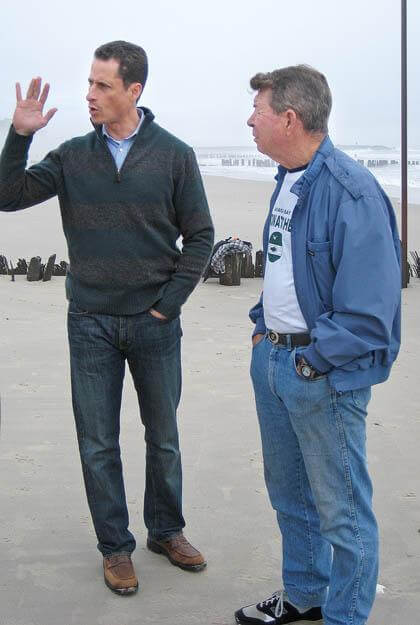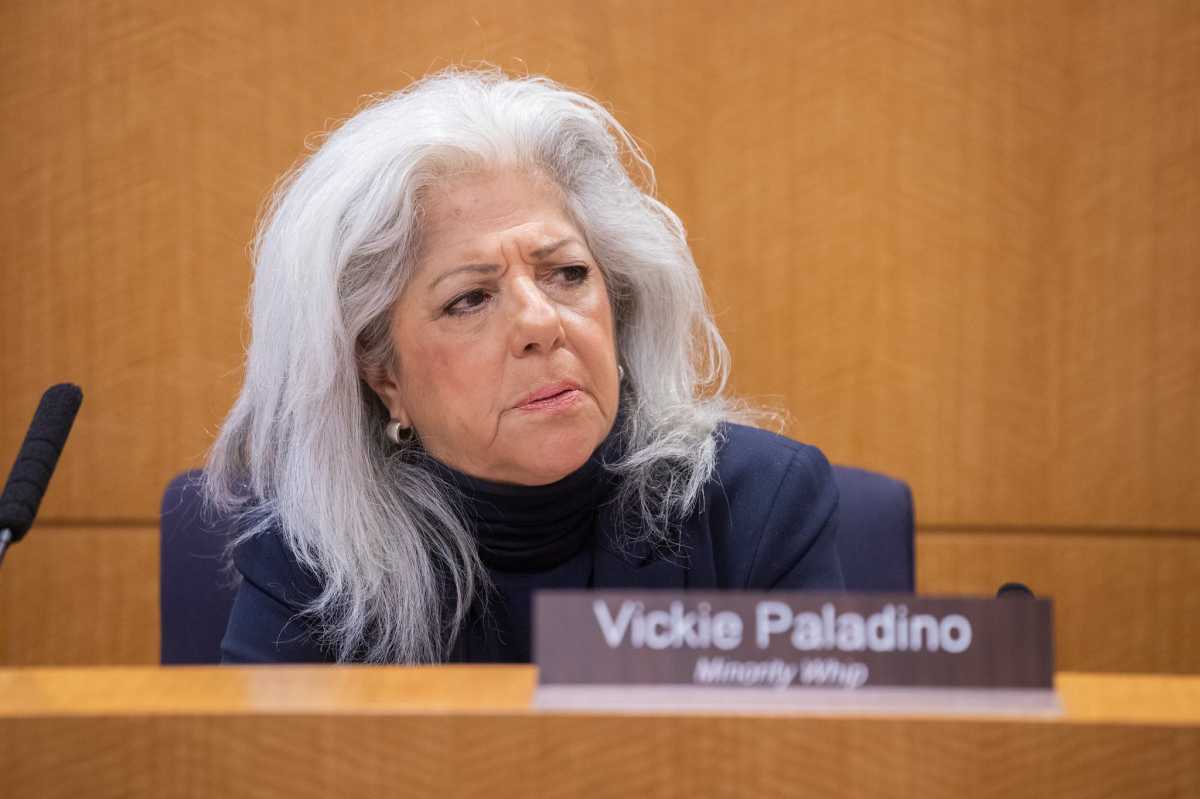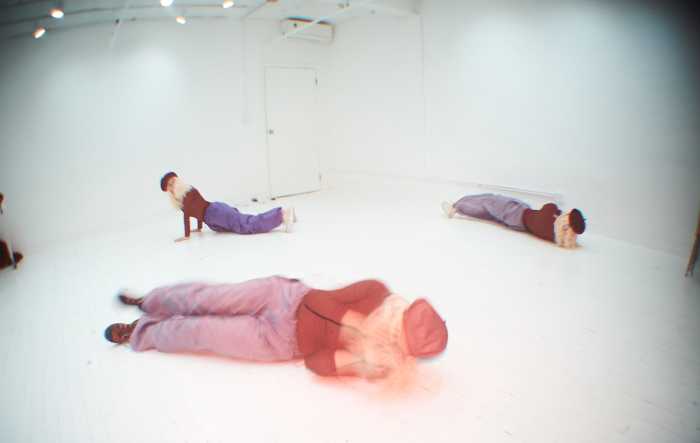By Ivan Pereira
For years, environmentalists have become increasingly worried over several ecological dangers threatening the future of Jamaica Bay, but last week they received a helping hand from U.S. Rep. Anthony Weiner (D−Forest Hills).
The congressman paid a special visit to the area Friday and pledged to push for more funding and action from the state and federal governments. The salt water marshland loses 33 percent of its 3,000 acres every year and if immediate action is not taken, it will be gone in less than four years, according to Weiner.
“The time to act is now and renewed efforts must be made to save this estuary before it’s too late,” he said.
A study released last summer by the Jamaica Bay Watershed Protection Committee, a group founded by the City Council to study the area’s environmental problems, found that excess nitrogen in the water was the biggest cause of the marsh decay.
The committee’s researchers, which included members of the Natural Resources Defense Council, said the excess nitrogen was dumped into the bay by four city−owned water treatment plants located around the bay.
The city Department of Environmental Protection acknowledged that the nitrogen from its facilities is a factor and has been working to find ways to remedy the situation.
Weiner called on the state Department of Environmental Conservation, which has formed a taskforce to study the bay’s problems, to enforce tighter restrictions on the amount of nitrogen in the ecosystem to reduce its levels by 60 percent over the next 10 years.
Weiner urged the state to get funding to upgrade the plants with new technology that would convert the nitrogen into a gaseous form.
“Without stricter caps, irreversible damage is done to the bay,” he said.
A spokeswoman for the DEC, said it has been pushing the city to lower the nitrogen discharge from the plants and has ordered the DEP to create a plan to upgrade its facilities.
In addition to stopping the marsh loss, Weiner also asked the state to consider starting up an initiative that would restore not only the fauna to the area, but also attract some sea lovers from around the area.
Weiner said he would like the DEC to take refitted, environmentally safe subway cars that are out of service and drop them into a special zone off the shores of Rockaway Beach.
The cars would act as reefs that would attract fish from deeper within the ocean into the area, which would make it a prime place for fishermen and divers like Dan Mundy Jr. of Broad Channel.
“The fish come to the reef, they feed on what’s grown there and they hide in the crevices,” he said.
The city has been selling its old cars to various states’ environmental agencies to create reefs off other coasts, such as the New Jersey shore, and has been very successful Weiner said.
“It’s the same ocean,” he said. “If it’s OK to ship it to the Jersey Shore, then why isn’t it OK to ship it here?”
Maureen Wren of the DEC said the agency has proposed placing subway cars off the shores of beaches in Long Island, however budget constraints have limited the program’s expansion.
Reach reporter Ivan Pereira by e−mail at ipereira@timesledger.com or by phone at 718−229−0300, Ext. 146.


































